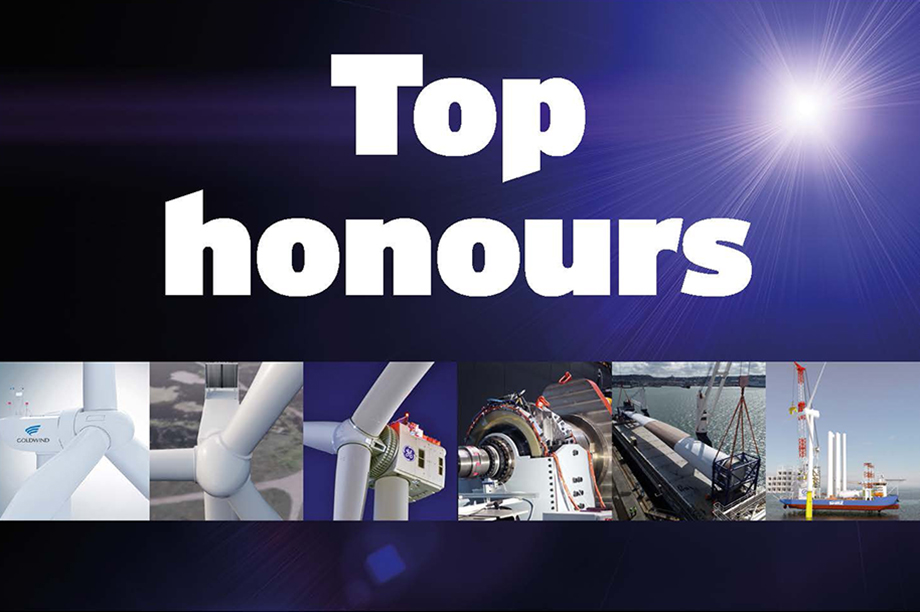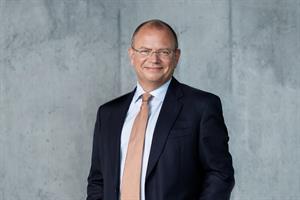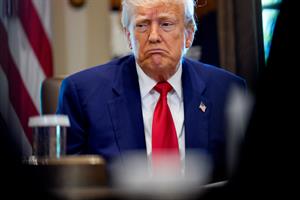China’s wind-energy technology is not just catching up with Europe’s; it is matching it in several classes, and showing the potential to outstrip it across the board in the coming years.
This trend is most clearly shown in the smaller onshore-turbine segment, where the emphasis on boosting yield and driving down the levelised cost of energy by fitting supersize rotors on to dedicated low-wind turbines with modest rating is perhaps most profound.
The ongoing trend towards higher rated onshore and offshore products and the introduction of dedicated configurations is also increasingly evident.
The sluggish wind-energy growth in Europe and the Americas over recent years is perhaps beginning to show its effect on the new products coming to market from a diminishing number of western OEMs.
Classes and criteria
We have made only one small change to the judging categories for this year’s selection, extending the smaller-turbine class from 2.9MW to 3.4MW. This reflects the global trend towards higher-rated machines.
Turbines need to have been available for commercial order in the past 12 months, with at least one prototype installed and operating to qualify.
However, a number of turbine prototypes were in the process of being installed — weather permitting — while this magazine was being prepared for press. We have erred on the side of generosity in these cases.
Similarly, we have cut a little slack for working prototypes in the blade and drivetrain classes because it would have excluded products at a well-advanced state of development and worthy of recognition.
The qualities we look for in determining the year’s best wind-energy hardware of go further than technological innovation, however groundbreaking that may appear at the time.
We also investigate track record, order backlog, quality of design and manufacture, the solutions that cut the cost and speed up the process of transport and installation, together with trying to judge efficiency and reliability in operation.
Wind energy’s success on the economic front in recent years is allowing it to compete on subsidy-free terms with all other forms of electricity generation in a growing number of places.
That has put strain on an industry still finding its feet in an environment that remains dominated by the vested interests of the fossil-fuel and nuclear lobbies. But the products described here will play a key role in the much overdue transition to clean energy.
ONSHORE TURBINES UP TO 3.4MW
Still a high-volume sector, but one that western OEMs are eschewing in favour of higher-rated machines and the offshore sector, leaving China’s turbine makers to dominate
MEDAL WINNERS
GOLD Goldwind GW150-2.8MW
ONSHORE TURBINES 3.5MW-PLUS
All the leading OEMs launched new products or enhanced existing machinery in the fast-growing supersize sector that is taking wind into zero-subsidy territory
MEDAL WINNERS
GOLD Vestas V150-5.6MW EnVentus
OFFSHORE TURBINES
The sector moves into the double-digit MW zone for the first time
MEDAL WINNERS
GOLD GE Haliade-X 12MW
DRIVETRAINS
Focus shifts to medium-speed geared and direct-drive solutions
MEDAL WINNER
GOLD Conical FlexPad journal bearing
BLADES
Ever longer and generally lighter units mark the top contenders in a hotly contested class
MEDAL WINNER
GOLD LM’s blade for GE Haliade-X
INNOVATIONS
Installation solutions for onshore and offshore applications lead the way
MEDAL WINNER
GOLD GustoMSC Telescopic Leg Crane
KEY TO TABLES
BDFIG - brushless doubly fed induction generator
C&GFRE - carbon & glass-fibre reinforced epoxy
CSH - concrete-steel hybrid
DD - direct drive
DFIG - doubly fed induction generator
EESG - electrically excited synchronous generator
G&CFRE - glass & carbon-fibre reinforced epoxy
GFRE - glass-fibre reinforced epoxy
HH - hub height
HSG - high-speed geared
IG - induction generator
LDST - large diameter steel tower
MSG - medium-speed geared
PMG - (synchronous) permanent magnet generator
PCVS - pitch-controlled variable-speed
TS - tubular steel




HR.jpeg)










